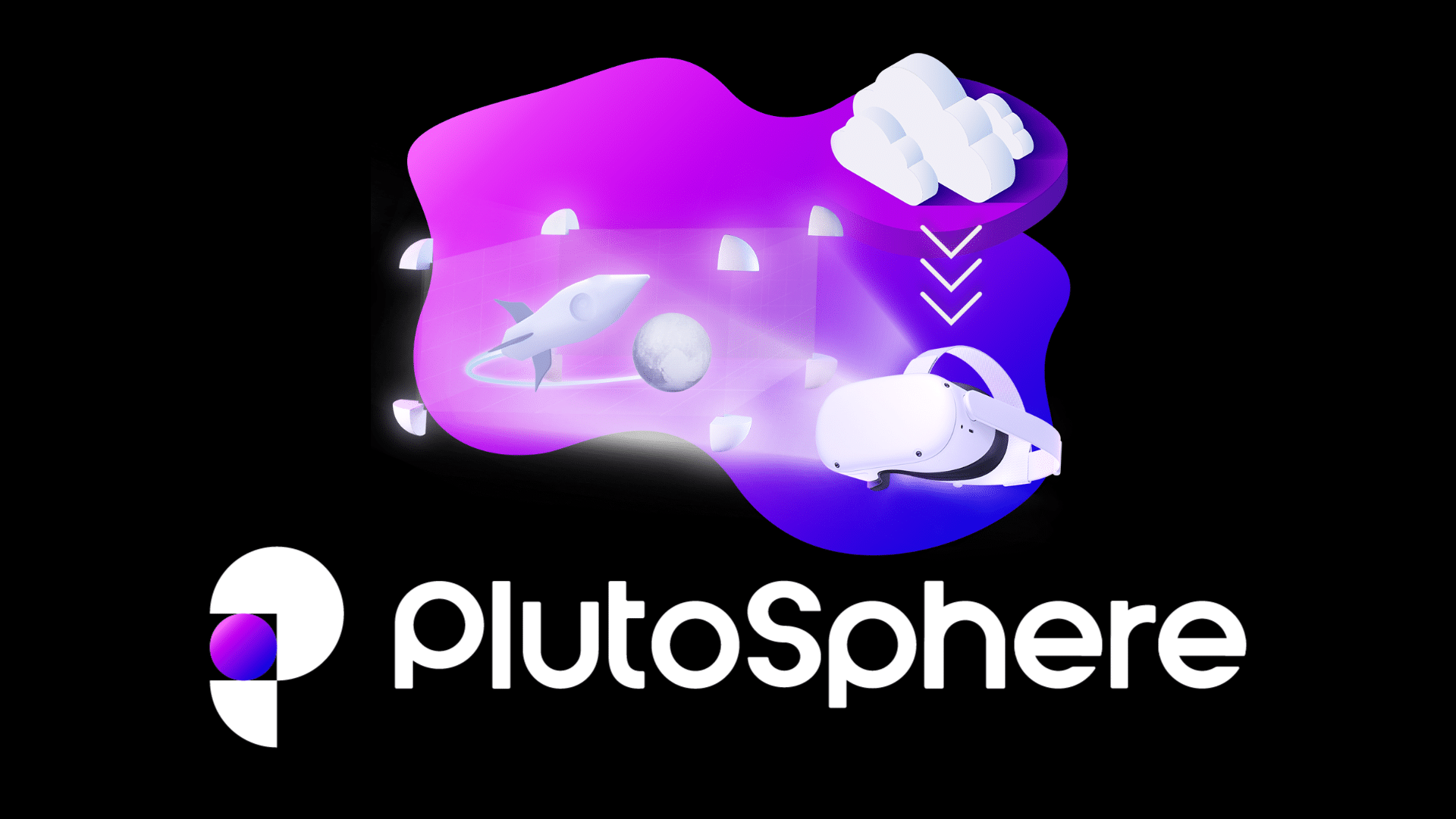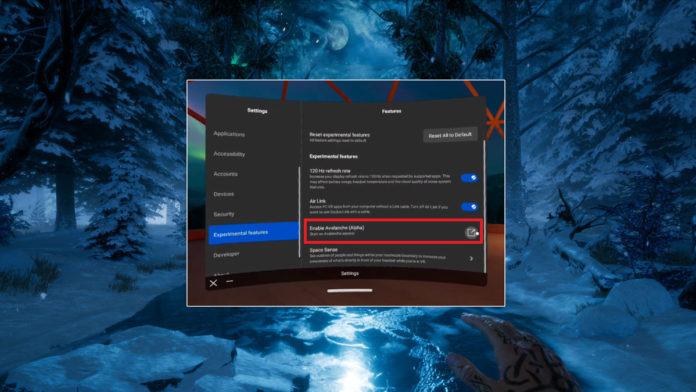Long in development, Meta’s ‘Avalanche’ VR cloud streaming system is now listed on Quest’s Horizon Store.
The Avalanche app may be wishlisted, but cannot actually be redeemed or purchased and therefore cannot be downloaded or used. The store lists the app’s release date as July 24, 2024, three months ago, which may be when it was uploaded to the store’s system.
The store page description reads: “Download to test the latest cloud-streamed titles on Avalanche,” and the images include screenshots of Lone Echo, a blockbuster 2017 Oculus Rift game that wasn’t ported to Quest, as well as Beat Saber and the City Preview from the Unreal Engine.
To be clear, there’s no immediate indication of an upcoming Avalanche launch, and this could be just another test.
Is Meta working on cloud streaming to bring PC VR games to Quest?
A firmware finding and an experimental setting apparently made available to a Redditor suggest Meta is working on cloud VR streaming. According to YouTuber Brad Lynch (SadlyItsBradley), firmware sleuth Samulia found a string ‘AVALANCE_CLOUD_GAMING_INFRA_ENABLED’ in version 24 of the Quest firmware last month. Version 24 would do that
Avalanche’s existence was first revealed in April 2022, when Quest firmware dataminer Samulia found an AVALANCHE_CLOUD_GAMING_INFRA_ENABLED flag, added in Quest v24. Version 24 was released in late 2020, indicating that Avalanche has been in development for at least four years now.
A month later, two years ago now, a Redditor posted a screenshot showing the “Enable Avalanche (Alpha)” option in the experimental settings of their Quest 2, claiming that they were in the PC version of Oculus Home for about 15 seconds could come. . YouTuber Brad Lynch claimed on X that the redditor contacted him directly about their experience and said: “They were able to complete a full remote playthrough of Asgard’s Wrath over a UK Wifi5 session”. The original Asgard’s Wrath was another flagship Rift game, released in 2019, which also wasn’t ported to Quest – although it did, of course, get an even grander-scale sequel.
Four months ago, the same “Activate Avalanche (Alpha)” option appeared in the experimental section of the settings of one of GAMERGEN’s Quest 3 headsets during a live stream, although the error message “Cannot start the Avalanche session” appeared when they tried to start It.
Meta is still testing ‘Avalanche’ VR cloud streaming for Quest
Long in development, Meta’s ‘Avalanche’ VR cloud streaming system appeared on a French outlet’s Quest 3, offering PC VR title Lone Echo, although it failed to connect.

Between 2016 and 2021, Facebook invested hundreds of millions of dollars to ship a number of PC Oculus Rift blockbusters like Lone Echo and Asgard’s Wrath. Although these games can be played on Quest today via a gaming PC via Wi-Fi or USB, most Quest users do not have a gaming PC. The fact that Avalanche is listed on the store could indicate that Meta is getting closer to releasing it as a product, making these games available to a much wider audience.
Naturally, the cloud streaming experience is highly dependent on the quality of the user’s internet connection. There is a chance of high latency if the server is far away, and of jitter caused by packet loss if the connection quality is poor. In late 2020, John Carmack said the following, comparing it to streaming over local networks: “It’s clearly worse, obviously more people will find that unacceptable and it will be a terrible experience for more people, but still I’m confident that for some people it will still be quite valuable in some situations.”
In 2020, Facebook Gaming VP Jason Rubin described cloud VR gaming as more than five years away. But some Quest owners have been doing it for years using third-party tools and services.
PlutoSphere shuts down while Meta maintains Cloud VR streaming ban
PlutoSphere is shutting down as Meta maintains its cloud VR streaming ban on the Quest Store and App Lab.

Virtual Desktop already supports streaming from a PC outside your local network, which some Quest owners have linked to Shadow’s cloud PC service to play SteamVR games without a PC. PlutoSphere even offered a managed service with pay-as-you-go pricing via tokens, although it was discontinued in March citing Meta’s ban on cloud VR streaming in its Quest Store & App Lab policy.
So if Meta launches its own cloud VR streaming feature soon, it could face accusations of anti-competitive practices. It would be a similar situation to Virtual Desktop’s PC VR Wi-Fi streaming, which Meta banned from the platform until just before it launched its own Air Link feature. In 2022, Bloomberg reported that the US FTC was investigating Meta’s competitive practices, but there have been no further reports on the status of this investigation.





